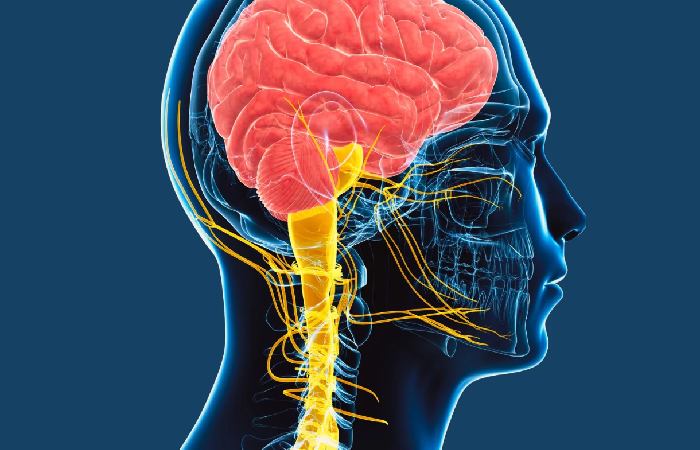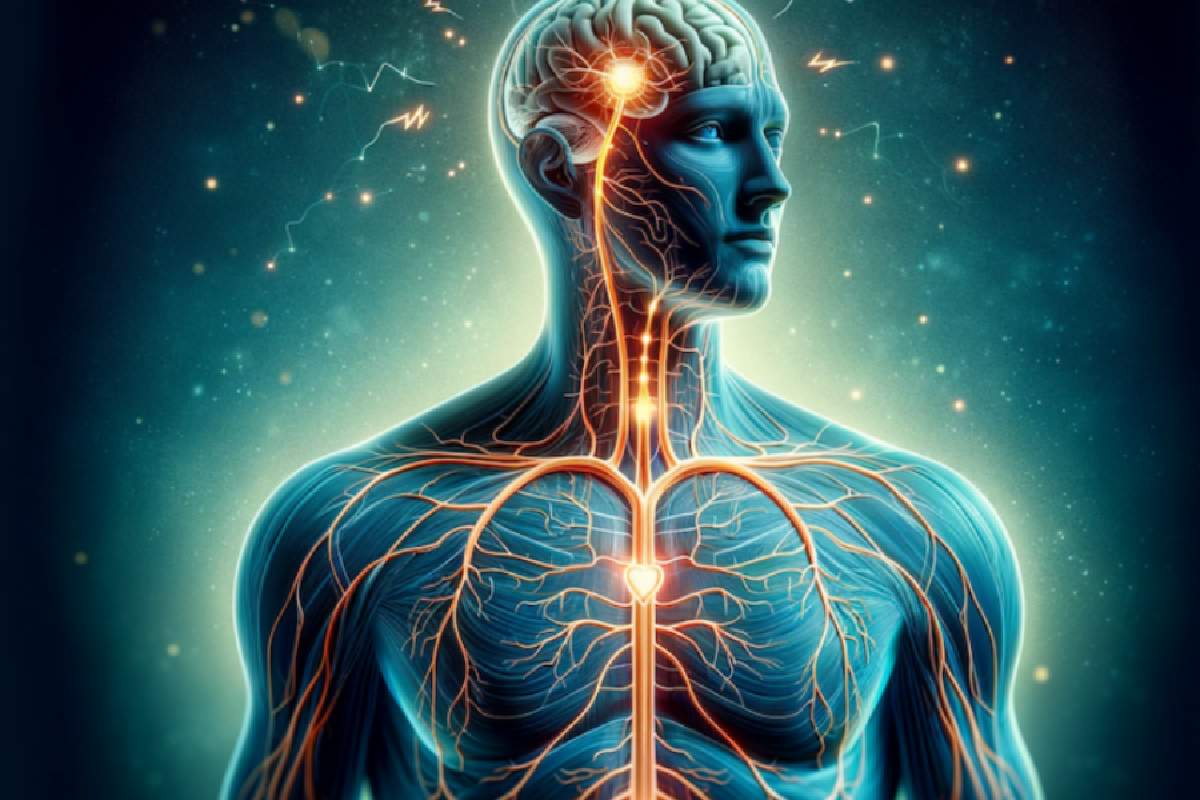Vagal nerves, a vital component of the parasympathetic nervous system, transmit signals between the brain, heart, and digestive system, causing issues like gastroparesis and low blood pressure.
Table of Contents
What is Vagal Nerves
The parasympathetic nervous system’s primary nerve, the vagus nerve (sometimes called the vagal nerve), regulates bodily processes like digestion, heart rate, and the immune system. The most protracted and intricate of the 12 cranial nerves affects organs such as the digestive tract, heart, and lungs. It is ranked 10th.
Vagal Nerves – Vagusnerv Eingeklemmt Symptome
- Digestive problems
- Irregular heart rhythm
- Dizziness and fainting
- Difficulty breathing
- Changes in voice quality:
- Hearing changes
- Gastroesophageal reflux
Briff of Vagal Nerves – Vagusnerv Eingeklemmt Symptome
- Regulates digestion, heart rate, dizziness, and breathing.
- Causes nausea, vomiting, abdominal pain, heartburn, bloating, constipation, or diarrhea.
- Leads to abnormal heart rhythms, dizziness, and fainting.
- It causes difficulty breathing, voice quality changes, hearing changes, and GERD symptoms.
- Rarely causes hearing problems due to proximity to hearing-affecting nerves.
- It may cause unusual body reactions like excessive sweating, blood pressure changes, or goosebumps.
- Diagnosis requires a doctor’s assistance and diagnostic tests.
Where Is The Vagus Nerve?
The vagus nerves, the longest cranial nerve, originate from the medulla oblongata in the brainstem and travel from the brain to the large intestine.
- Neck Between Your Jugular Vein And Carotid Artery
- Thorax, Or Chest
- Heart
- Lungs
- The Digestive System And The Abdomen.
Vagal Nerve Branches
- Inferior ganglion branch: The vocal cord supplies the voice box (larynx) and throat (pharynx) with nerves and muscles
- Superior ganglion branch: providing nerves to the spine and ear
Vagus Nerve Stimulation?
- Cluster headaches
- Pain
- Inflammatory bowel disease
- Rheumatoid arthritis
- Post-traumatic stress disorder
Function Of The Vagus Nerve
- Taste
- Heart rate control
- Immune system responses
- Mucus and saliva production
- Inflammatory response
- Skin and muscle sensations
- Communication between the brain and gut
- Digestion
- Blood pressure and respiration Breathing.
- Mood
- Urine outputt
Conditions and Disorders
- Gastroparesis: Damage to the vagus nerve affects food movement.
- Vasovagal Syncope: Overreaction to extreme conditions causes rapid blood pressure drops and dizziness.
Signs Of Vagus Nerve Problems?
- Abdominal
- Changes to heart rate
- Acid reflux disease, GERD)
- blood pressure
- blood sugar.
- Difficulty swallowing
- , loss of gag reflex.
- Dizziness or fainting.
- Hoarseness,
- wheezing
- , loss of voice.
- Loss of appetite,
- weight loss.
- vomiting
- Nausea
How to Diagnose?
- CT scan or MRI
- Echocardiogram
- Gastric emptying solid study
- Upper endoscopy
Common Treatments
- Vasovagal Syncope Management
- Dietary changes, medications, feeding tubes, and gastrostomy.
- Gastric electrical stimulation.
- Treatments alleviate nausea and abdominal pain, regulate blood sugar, improve stomach emptying, and relieve pressure.
Cre Of Vagus Nerve
- Physical Fitness, Healthy Diet, Diabetes Management
- Practice meditation, hypnotherapy, and yoga.
- Manage diabetes high blood pressure
Conclusion
Vagusnerv eingeklemmt symptom- The Vagus Nerve, a crucial part of the parasympathetic nervous system, regulates physiological functions like digestion, heart rate, mood, and immune system. Stimulating it through deep breathing, meditation, cold exposure, and a healthy diet improves mental and physical health. Prioritizing vagus nerve health is essential for a balanced life.
Disclaimer: his information is for educational purposes only. If you experience health issues, consult a physician or specialist for proper diagnosis and treatment. Your health is crucial; professional medical advice should be your first priority.

